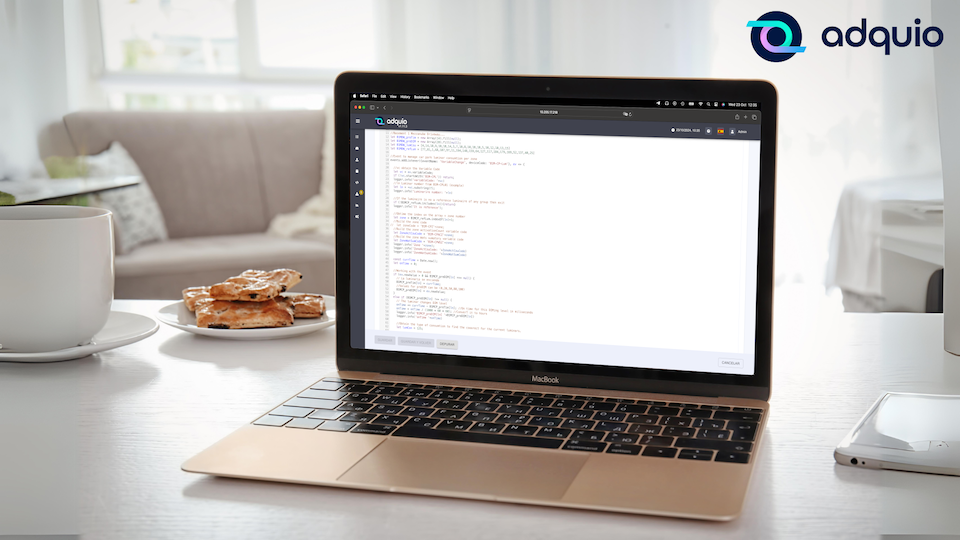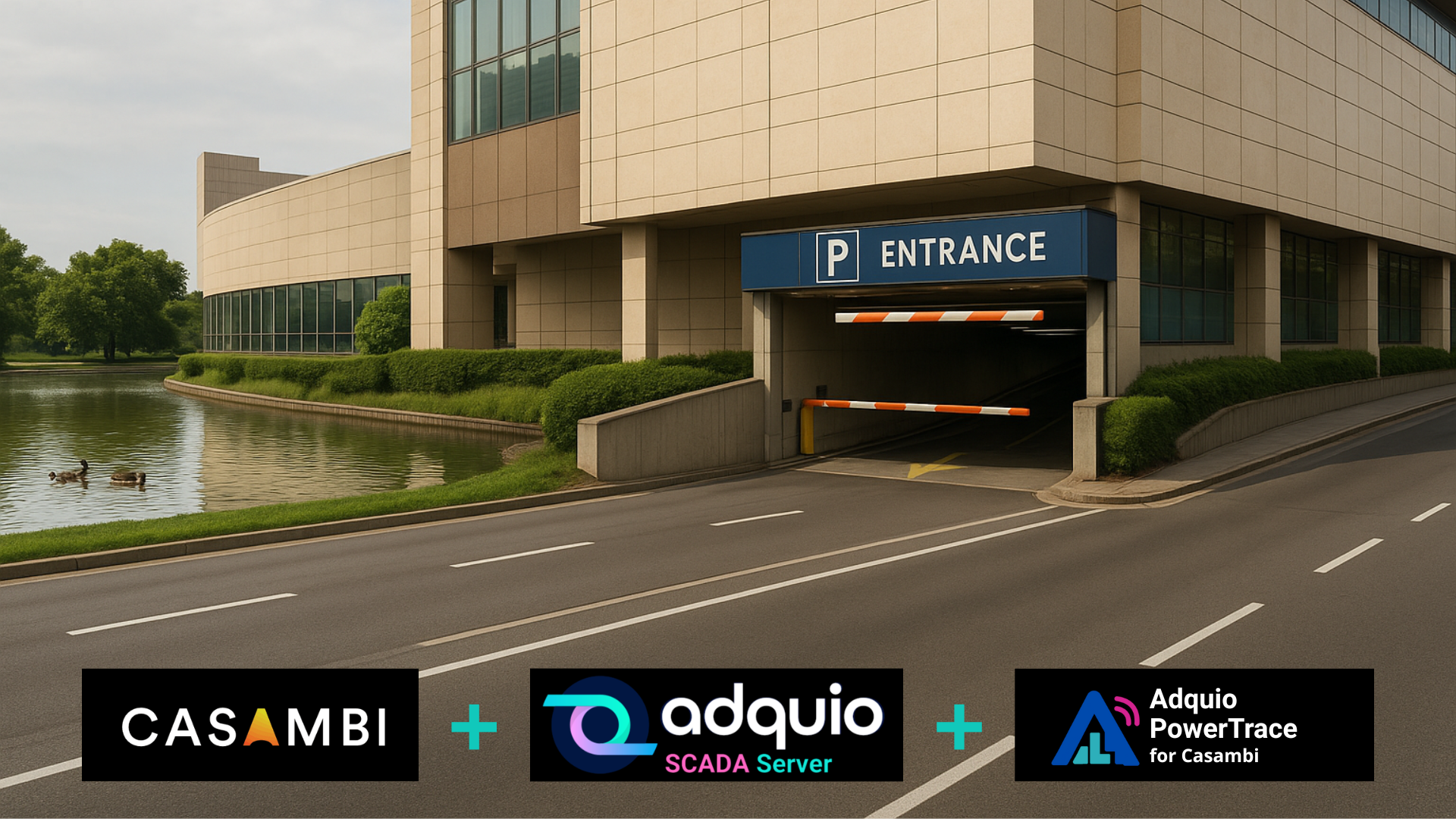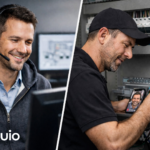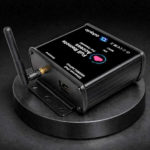
Adquio programmable controllers have revolutionized the way we manage automation in buildings, factories and industrial networks. One of the features that sets them apart from other controllers on the market is their web interface, which allows users to program and manage the system directly from a browser, without the need to install additional software. This functionality, which seems simple, is actually a breakthrough that offers multiple advantages. Let’s explore why a web interface on Adquio controllers is so beneficial.
1. Access from any device
One of the main advantages of the web interface is the ability to access the controller from any device with a browser. Whether you are using a computer, tablet or cell phone, as long as you have a network connection, you can manage the controller remotely. This eliminates the need to have specific software installed on each device and allows operators more flexibility in their work. For example, if you need to adjust parameters on the system while you are out of the office or in a hard-to-reach area, you can do it from your smartphone in a matter of seconds. This immediate and universal access improves operational efficiency and reduces downtime, which is crucial in industrial environments.
2. Simplicity and ease of use
Web interfaces are often intuitive and easy to use, and Adquio’s web interface is no exception. Unlike systems that require specific software with complex and technical interfaces, Adquio’s web interface is designed to be user-friendly, even for those without advanced technical knowledge. The ability to work with a clear, browser-based visual interface makes programming and management much simpler. Instead of learning complicated commands, users can interact with easily accessible menus, forms, and controls. This also reduces the need for specialized training for staff, as many are already familiar with using web browsers.
3. Programming and remote support
The web interface allows users to program and support the controllers remotely. This is a significant advantage, especially in large installations or distributed sites where technicians or programmers cannot be physically present at all times. With an Adquio controller, you can connect remotely via the Internet, make real-time adjustments, update software or troubleshoot problems, without the need to be on site. This remote access also allows technical support teams to assist users in different geographic locations without having to travel, which reduces operating costs and improves response times to any incident.
4. Flexible connectivity
Adquio controllers can be connected in different ways: via Wi-Fi, via a network cable (Ethernet) or even remotely via the Internet. This versatility of connectivity is another great advantage of using the web interface, as it offers several ways to access the system depending on the needs of the installation.
- Wi-Fi: You can connect directly to the controller from your mobile device or laptop without the need for cables.
- Ethernet: If you prefer a more stable and faster connection, you can use the built-in LAN ports.
- Remote over the Internet: From anywhere in the world, you can access the controller’s web interface and manage it without being physically on site.
This flexibility allows total adaptation to the work environment, offering solutions that fit both fixed installations and mobile or distributed environments.
5. Simplified upgrades and maintenance
The web interface facilitates controller maintenance and upgrades. Instead of relying on physical connections or specialized software, users can update the controller, modify settings and adjust parameters directly through the browser. This not only simplifies the process, but also minimizes the risk of errors or problems during updates. The ability to manage everything from an accessible, centralized interface makes upgrades fast and secure, ensuring that the system is always running the latest, most stable version.
6. Scalability and adaptability
Thanks to the web interface, Adquio controllers can be easily adapted to small or large systems. This is key in industrial or building management environments where needs may change over time. The web interface makes it possible to scale the system smoothly, adjusting the number of connected devices or the required functionalities, without having to redesign the technical infrastructure. If a customer starts with a small installation, but later decides to expand its automation network, the web interface makes the whole process agile and adaptable, without the need for large investments in additional software.
7. Operating system independence
Being a web-based interface, the Adquio driver does not depend on the operating system of the device you are using. Whether you are working on Windows, macOS, Linux, or even mobile operating systems such as Android or iOS, access and functionality remain the same. This ensures a consistent experience and eliminates compatibility issues that can arise with other, more restrictive software solutions.
Conclusion
The web interface of Adquio controllers offers a modern, flexible and efficient solution for management and automation in any environment. From remote access and ease of use to scalability and operating system independence, these features make Adquio controllers a superior choice for any project requiring precise and efficient control. With a web interface, managing complex systems becomes accessible to more people, regardless of technical expertise, and eliminates the need for complicated or expensive tools. This ensures that automation projects are faster, cheaper and more effective, making Adquio an excellent choice for the future of automation.






